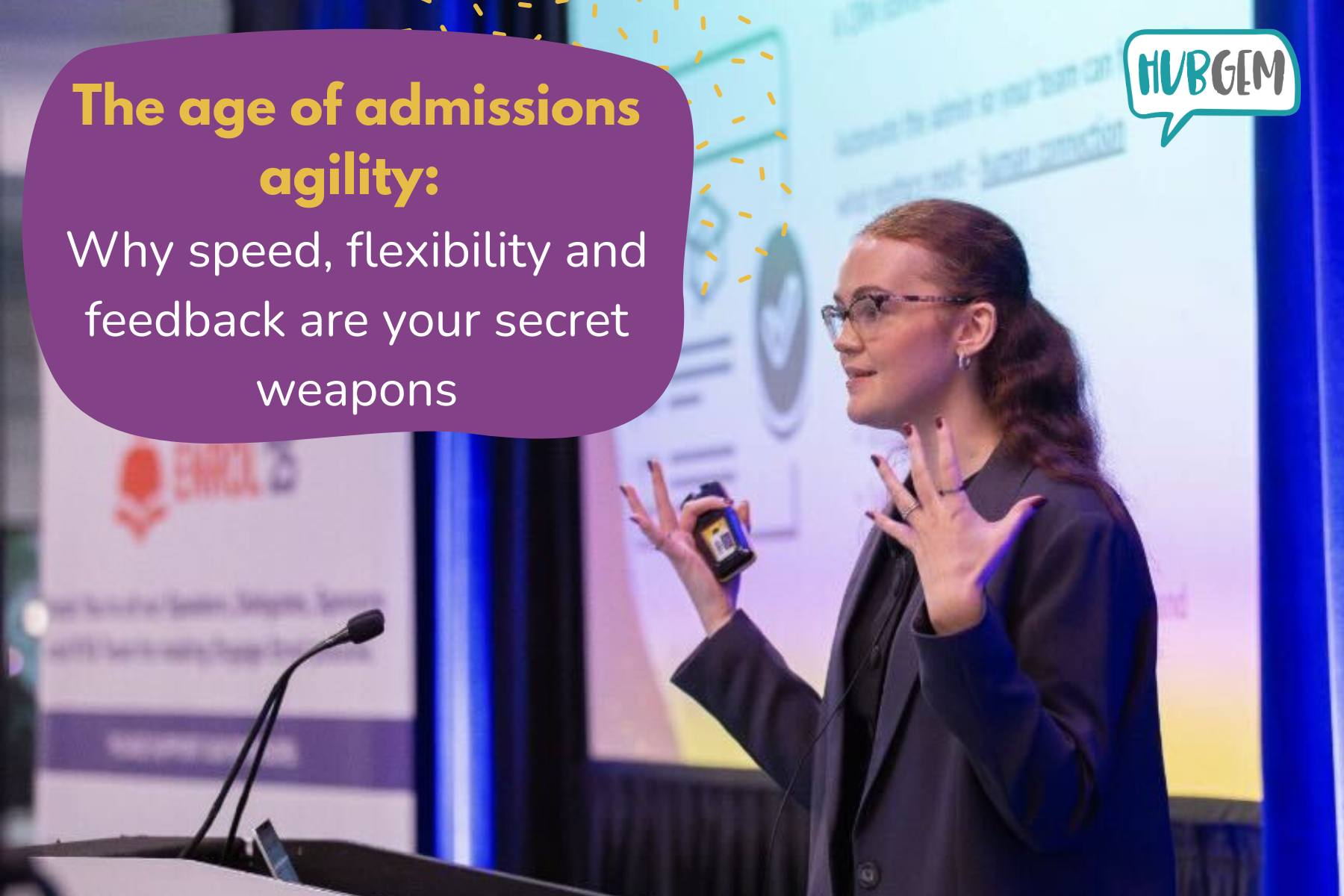Focus is so important for our mental health. If we can’t focus, we will likely procrastinate and get behind on our work, leading to more stress and poorer work performance. Being able to focus and be productive in the work place builds a higher self esteem and pride in your work.
In this article we will share 5 top tips that can help you get your focus back on track. Some of these tips will be especially important for remote workers, but all can be applied to any work place.
Tip 1. Manage your relationship with stress
If you want to read more about understanding stress and the benefits of stress reduction, please see our article here. If you adjust the factors in your life causing stress, work will become much easier and more enjoyable.
When discussing stress, it’s essential to mention the autonomic nervous system. This nervous system is automatic and controls your heart rate, digestion, blood pressure, metabolism, urination and defecation, along with other crucial processes. Within the autonomic nervous system, there are two divisions: the parasympathetic and sympathetic nervous systems.
When we are stressed, we enter into the sympathetic nervous system which increases our heart rate in order to escape a perceived threat; within this state, we are unlikely to be able to focus or concentrate on work or wider work related activities . Whilst the sympathetic system can serve a purpose, It is important to move back to the parasympathetic nervous system again, in order to relax the body after this period of heightened stress. This system provides the foundation for increased creativity and encourages a state of flow within our work practices, as a result, increasing our overall focus and ability to effectively carry out our roles. Please see the image below to find out a little more about both of these states.
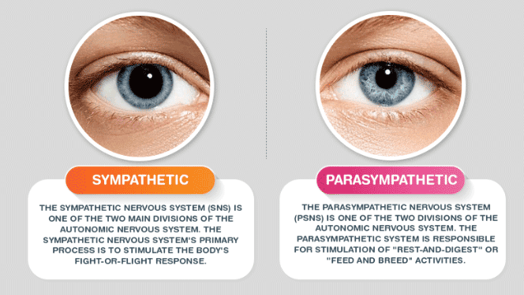
How we relate to stress can help increase our focus
If we are too stressed we cannot work at our optimum levels and focus will be impaired. Visa versa, if we are too relaxed it will again be hard to focus, as we might feel bored or not have enough stimulation to get working. It's good to find a balance at work in order to reach our peak performance. The image below shows how a healthy amount of stress can be conducive for work, but too much or too little can be damaging.
Tips for creating a balance
- Speak to your manager about your workload. They won't know you're overloaded unless you tell them! Equally, let them know when you don't have enough work so that you can have a bit of pressure to reach your peak performance.
- Meditation, mindfulness and grounding exercises are helpful if you are feeling overwhelmed. Take a moment to name 5 things you can see, 4 things you can hear, 3 things you can touch, 2 things you can taste and one thing you can taste. This 5 minute exercise can help ground us as we get back into the body and out of our minds.
- Read on for more tips!
Tip 2. Set timers and take breaks
There are a lot of different suggestions about how long the perfect time to work is before taking a break. It's important to play around with a few different times and see what works perfectly for you. It might also be good to have different methods for different days, depending on your mood, concentration levels and how much you've slept.
Most research tends to suggest though that taking breaks short and often can in fact improve your focus throughout the day. Studies show that 90 minutes is approximately the amount of time that we can concentrate for before needing to take a break. Although, that particular study was created before smart phones were invented!
The Pomodoro Method
The Pomodoro method is a great one to start if you haven't tried this method before. This method is found all over the internet and there are several online timers to help you along the way. This might be great for achieving those tasks that you don't feel motivated about, to give you an extra push in the right direction.
Each 25 minute work segment is referred to as a tomato! A fun way of visualising your work segments.

- The Pomodoro method has timers available to help you stick to 25 minutes work and a 5 minutes break. These have 4 cycles and then a nice 15-30 minute break to keep your focus.
- Setting tasks for 25 minutes at a time breaks down lengthy work into chunk-size bites (or tomatoes). The 5-minute break helps your mind re-focus. Even if it feels like you don’t need a break, you will be able to perform better, for longer.
- This method works because it priorities scheduled breaks, doing one thing at a time and getting a reward for completing small tasks. Completing small tasks increases dopamine levels and gets you on a roll for the next task.
Tip 3. Change your environment to help your focus
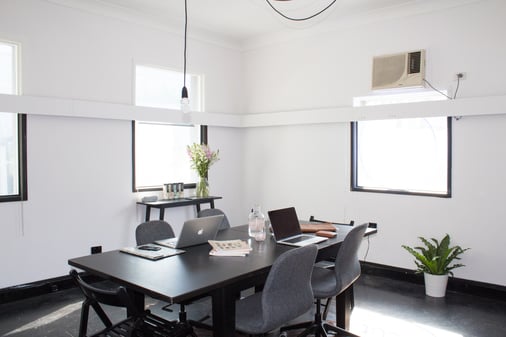
This tip is focussed on us remote workers, because office environments are usually already set up in a way to help you focus (besides those stories from lingering co-workers!)
In Gretchen Rubin’s book on habits, Better than Before, we find out that when setting new habits, environmental methods are just as important as psychological methods. In practice, what this means is simply making your environment work for you in advance.
Tips for your environment to increase focus
- Working in a different room to where you sleep, in order to get better sleep at night. Working in the same room that you sleep in can increase your stress levels at night. Psychological theories suggest that even just a different room can change your mental state. This is why it’s good to physically separate work from sleep, especially when remote working.
- Remove distractions from the room you’re working in. Don’t have your guitar, PlayStation and TV in the room you work in. Obviously, this isn’t always possible. In these cases, you could consider moving items, hiding items, or moving your desk so that you can't see anything too tempting.
- Keep your desk clean and tidy. That means removing those 5 cups of tea from the day before, and keeping items on your desk to a minimum to avoid distraction. Tidy desk, tidy mind!
- Investing in a Room divider can be a great move if you don't have a separate room for your desk space.
- Have your desk set up at the right height, with a good chair and two monitors if possible. This will help to reduce eye and neck pain, and keep you in good health.
- If you need to (and can afford it), consider looking at co-working spaces if you prefer to work around other people. There are several co-working spaces all across the UK and abroad.
Tip 4. Prioritise your tasks
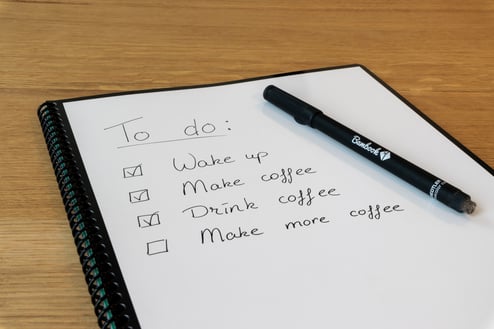
If you have 50 tabs open and you're trying to do everything at once, it's hard to focus. Focus means placing your attention on to one thing, and doing it before starting another task.
The most urgent tasks first
In the morning, it's great to create a to-do list and prioritise your tasks according to your own methods. If this works for you, you can prioritise according to:
- What is most urgent?
- What is most important?
After completing those most important and urgent tasks, you can get cracking with anything else on your to-do list- even if those tasks seem more fun.
The cascade effect
If that doesn't float your boat, another way of increasing focus is to create a cascade effect, by focussing on small quick wins first thing in the morning. Once you've ticked off some of these quick wins and are filled with dopamine, you might find yourself more motivated to make a start on the larger, more important or more urgent tasks that you have been putting off.
Tip 5. Get off your seat and move!

Sitting down all day isn't great for our concentration levels. There are theories to suggest that our brains have evolved in line with movement, so the connection goes back a long way. We have a whole other blog post on this, which you can read here. It's so nice, we mentioned it twice.
Exercise increases your natural levels of dopamine, serotonin and noradrenaline which can in turn, help increase concentration, focus and happiness at work. It's really hard to get started for some people though, which is why everything counts! Including a walk, a 10 minute online video or choosing the stairs rather than taking a lift.
Tips for implementing movement at work
- Standing desks
- Walk and talks
- Online exercise videos and apps
How HubGem helps
At HubGem, we give everyone at work a free membership to Headspace. Headspace is a fantastic meditation App with daily suggestions. It also has sections on movement, yoga, focus, music and meditations to help you sleep. Meditation is proven to help increase focus at work, and is a great way to reduce stress.
Every quarter, each employee is allowed a Wednesday afternoon off to spend time doing well-being-related activities. This could be anything, from cleaning the whole house to going on a long walk, or simply spending time with loved ones. Taking time away from the desk, helps to increase focus when you're back at work.
On top of this, we have a Wellbeing Slack Channel, well-being check-ins and Zen sessions with our People & Culture manager.
.png?width=150&height=101&name=HUBGEM%20Logo%20-%20smaller%20logo%20(1000%20x%20673).png)
-1.png)
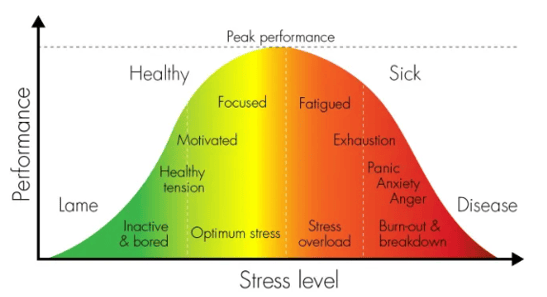
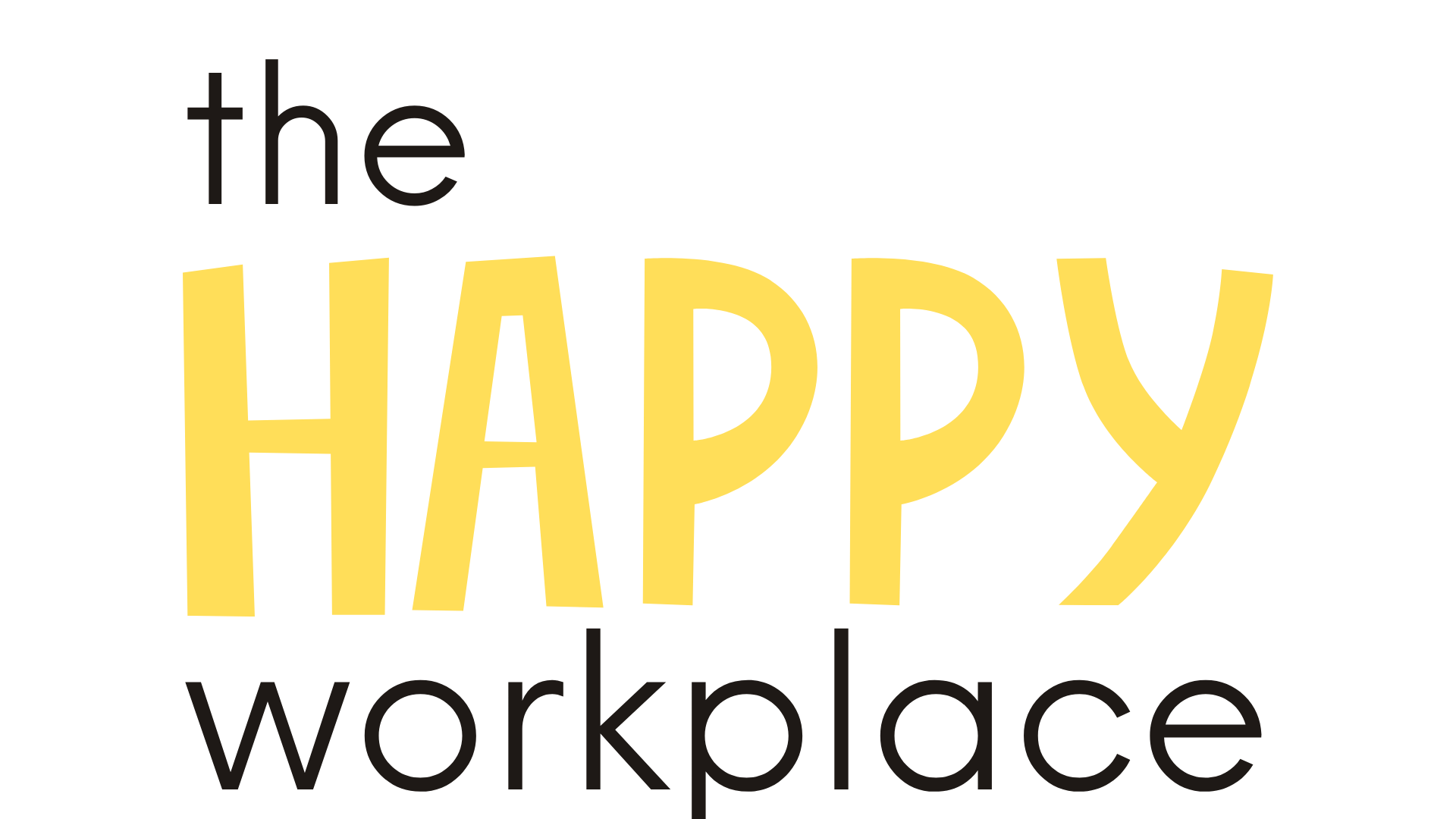

.png)




